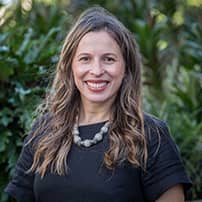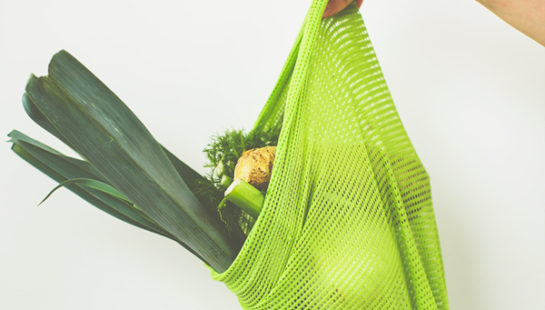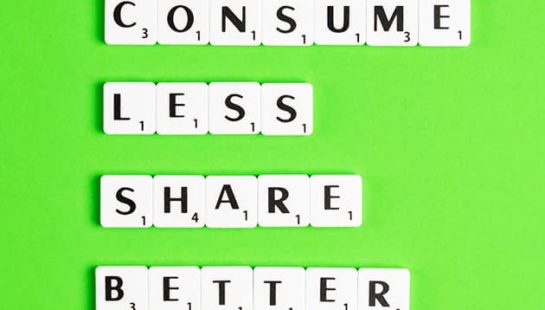How Do I Know If A Clothing Brand Is Ethical?
Shopping ethically can feel overwhelming. There are thousands of fashion brands to choose from. Globally, over 80 billion garments are made every year. And most of us lack the time and know-how to thoroughly research our purchasing choices. Our Ethical Fashion Guide makes things easy for you, but you may find that a brand you love isn’t in the guide. Here are six steps you can take to find out if a clothing company is ethical and sustainable.
Visit Their Website
Let’s start by digging a bit deeper. We’re looking for honest and clear information that explains if the brand has policies and actions that protect the rights of workers in their supply chain; if they use more sustainable materials like organic cotton or recycled polyester substantially; if they have options for customers to return, recycle and repair their clothes.
Researcher’s tip: sometimes you’ll find more information on the parent company website. Try searching ‘who owns . . . (insert brand here)’ and see what you can find!
Look For Third-Party Certifications
While you’re on their website or visiting their store, find out if they have any third-party certifications. Did you know that there are over 100 different ethical and sustainable certifications for the fashion industry here in Australia? Confusing, I know. So here’s a selection of certifications you might like to look for:
- Better Cotton (Formerly BCI) works towards better cotton farming standards and practices.
- Cotton Australia promotes responsible and sustainable cotton production.
- Ethical Clothing Australia is an accreditation body collaborating with companies to ensure the transparency and legality of supply chains.
- Fairtrade ANZ aims to make trade fairer for workers and farmers.
- GOTS (Global Organic Textile Standard) Is a global standard for certified organic cotton.
- Leather Working Group is an industry group working together to develop environmental stewardship protocols for leather.
Follow On Social Media
This one is tricky because it’s tempting to be won over by impeccably styled outfits and influencers spruiking the latest range. But stay strong! We’re here to find out if a brand is sharing the good they do, being honest about where they can do better, and providing you with ways to extend the life of your clothes.
Search For News And Reviews
This is where our online search can get a bit wild, so here are some questions to narrow it down:
- Have they been involved in positive initiatives that promote change for garment workers?
- Do they pay workers a living wage?
- Have they made a commitment to reduce their carbon footprint and said how they’ll do it?
- Have they been in the news for human rights violations like underpaying workers? If so, what have they done to rectify this?
- What do their customers say about the quality of their clothes? Are they good quality, or falling apart at the seams after one wear? While expensive doesn’t equal ethical, if a brand’s prices seem too good to be true, they probably are.
Contact Them
If you can’t find what you’re looking for, try talking directly to the brand through the contact information provided on their website or social media. Ask them about current issues you’ve seen in the news, and what they’re doing to become more ethical and sustainable. Make sure they know that you care!
Be A Savvy Shopper
Many brands have cottoned on (pun intended) to the fact that customers are looking for ethical and sustainable fashion, so make claims that sound flashy but are kind of shallow. This is called greenwashing.
To avoid being misled, stay curious. If a company uses claims like ‘eco-friendly’ or ‘sustainable’ ask why. They should support such claims with certifications, detailed reporting, and the use of sustainable fibres (and not just token amounts). It’s also wise to avoid brands that promote conscious collections and sustainable styles as a distraction from what’s happening—or not happening—in the supply chain for the vast majority of their clothing.
Living in the Information Age, we can research brands more than ever before. So, budding ethical fashion researcher, it’s time to get curious, get reading and get sharing! Let’s harness our buying power to change the fashion industry for good.
Baptist World Aid’s Ethical Fashion Report and Guide is prepared by a team of expert researchers and industry specialists over a period of about eight months. We aim to make a difference to people and the planet through tangible industry change. Learn more about how we make our report each year.



 Chantelle Mayo
Chantelle Mayo

 Bonnie Graham,
Bonnie Graham,